why Hydrogen?
Despite the considerable promise held by green hydrogen as a versatile and eco-friendly method for decarbonization, its broad acceptance still encounters constraints. The expense associated with producing green hydrogen persists as a significant hurdle, particularly when contrasted with more economical options rooted in fossil fuels.
Presently, green hydrogen constitutes less than 1% of total hydrogen production. Therefore, it stands as a critical imperative to reduce its cost from the current range of $6 to $12 per kilogram down to $2 per kilogram. Achieving this reduction is essential for rendering it a financially feasible solution and facilitating the transition towards a decarbonized industry.










